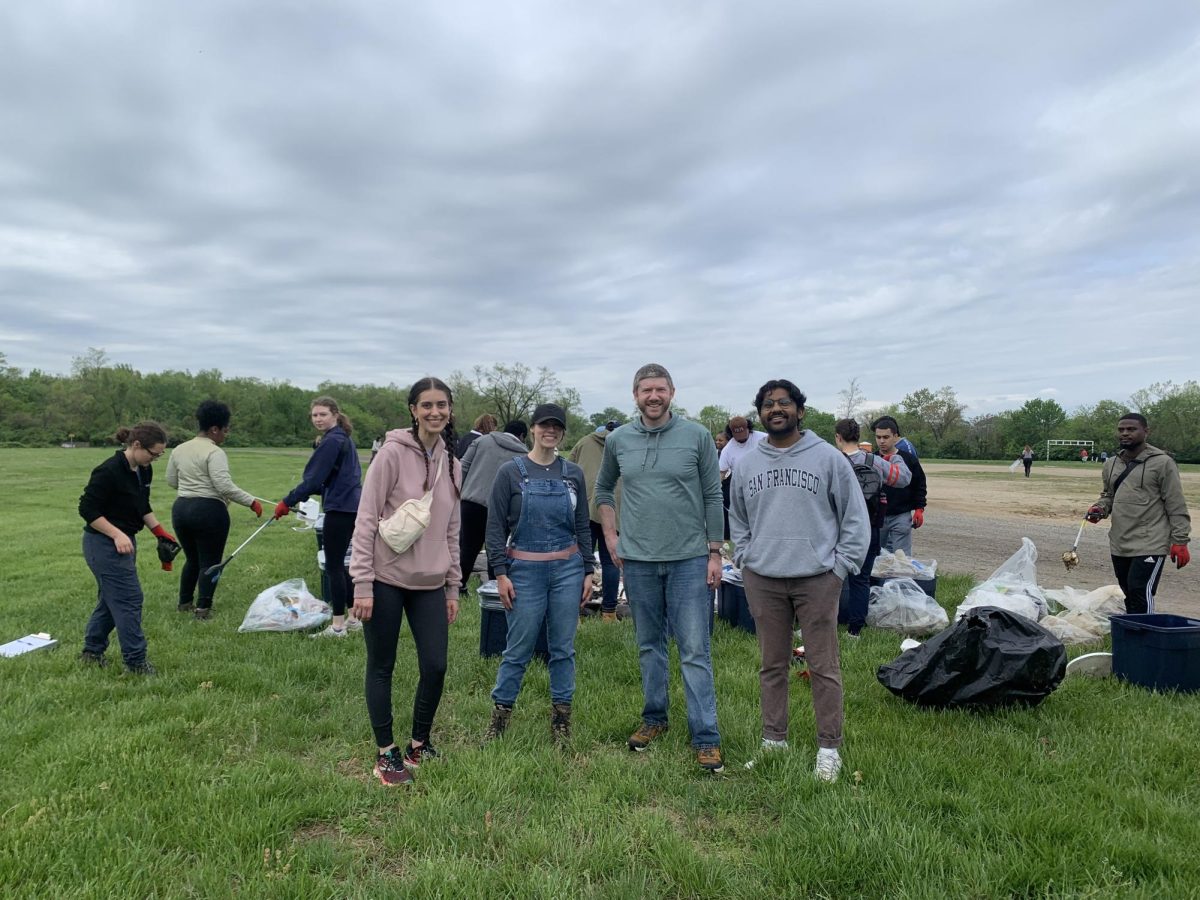Hearts of soccer fans across the United States broke Thursday morning when FIFA announced that Qatar had beat out a strong United States bid to host the 2022 World Cup.
Despite a plan that had been reviewed by FIFA as low-risk in 13 of 15 potential problem areas, an achievement that the bids of Qatar and Australia could not boast, the selection committee elected to hand the responsibility for organizing the single largest sporting event in the world to the Middle Eastern nation smaller than Connecticut and with about the same population as New Mexico.
For some at Georgetown, frustrations have arisen as the United States lost a chance, for at least another eight years, to break the World Cup attendance record that it set in 1996. This disappointment, however, is mitigated by the possibility of the Cup’s leading to a huge boon for the Walsh School of Foreign Service’s campus in Doha, Qatar.
“It [could] get more and more students to choose Qatar instead of the more traditional places like Egypt or Jordan,” Michael Ang (SFS ’11), a senior that spent a semester in Doha last year, said.
“Overall, it [could be] great in helping the greater educational community appreciate the campus that we have over there,” said Joseph Brown (COL ’11), who spent the summer at SFS-Q. “This will allow people to get a better understanding of what Education City is.”
While concerns about the Qatari bid range from its small population to the poor quality of the Qatari soccer team – which will receive an automatic bid to the World Cup and likely become only the second host country after South Africa not to advance past the group stages – Brown is upbeat about Qatar’s chances to impress. Still, he sees several other potential problem areas.
“Public transportation is a huge facet of the Qatari culture that’s missing,” he said. “There are bars, but there [are] only four of five of them, and there’s only one liquor store. And, considering the need of the adult population that might be traveling there, they might need to address that in a different way.”
The Qatari government has promised an influx of funds to provide the infrastructure that will be needed to make the World Cup a success, pledging to make sure that the requisite 12 stadiums are ready for use by 2022. They also need to address concerns about player safety in Qatar’s stifling heat.
Although the rest of the world may be a bit skeptical about the sheer amount of construction and modification needed over the next decade-plus, under-fire FIFA President Sepp Blatter and the voting committee are not the only ones convinced that Qatar will be able to pull off the World Cup successfully.
“I think this is going to be a refreshing experience for the World Cup,” Brown said. “It [will be] great for the Middle East and the culture that surrounds it. I think very few people know how important football is to these people, and it’ll be great for them to have this exposure.”














